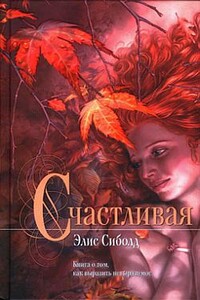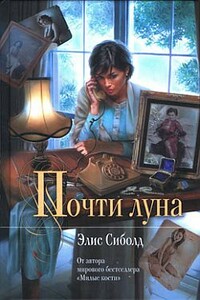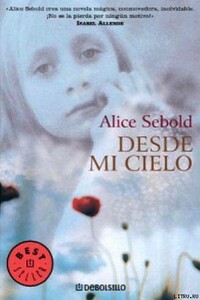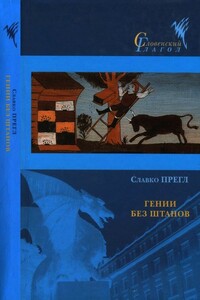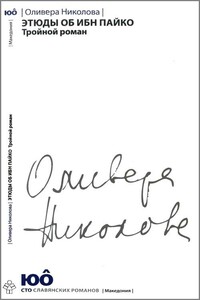“I heard you made gifted,” he said to her, because no one was talking. “Me too.”
My mother remembered then, and she switched on her autopilot hostess. “Would you like to come sit?” she managed. “I have some eggnog in the kitchen.”
“That would be wonderful,” Samuel Heckler said and, to Lindsey’s amazement and mine, offered my sister his arm.
“What’s that?” asked Buckley, trailing behind and pointing to what he thought was a suitcase.
“An alto,” Samuel Heckler said.
“What?” asked Buckley.
Lindsey spoke then. “Samuel plays the alto saxophone.”
“Barely,” Samuel said.
My brother did not ask what a saxophone was. He knew what Lindsey was being. She was being what I called snooty-wooty, as in “Buckley, don’t worry, Lindsey’s being snooty-wooty.” Usually I’d tickle him as I said the word, sometimes burrowing into his stomach with my head, butting him and saying “snooty-wooty” over and over until his trills of laughter flowed down over me.
Buckley followed the three of them into the kitchen and asked, as he had at least once a day, “Where’s Susie?”
They were silent. Samuel looked at Lindsey.
“Buckley,” my father called from the adjoining room, “come play Monopoly with me.”
My brother had never been invited to play Monopoly. Everyone said he was too young, but this was the magic of Christmas. He rushed into the family room, and my father picked him up and sat him on his lap.
“See this shoe?” my father said.
Buckley nodded his head.
“I want you to listen to everything I say about it, okay?”
“Susie?” my brother asked, somehow connecting the two.
“Yes, I’m going to tell you where Susie is.”
I began to cry up in heaven. What else was there for me to do?
“This shoe was the piece Susie played Monopoly with,” he said. “I play with the car or sometimes the wheelbarrow. Lindsey plays with the iron, and when your mother plays, she likes the cannon.”
“Is that a dog?”
“Yes, that’s a Scottie.”
“Mine!”
“Okay,” my father said. He was patient. He had found a way to explain it. He held his son in his lap, and as he spoke, he felt Buckley’s small body on his knee – the very human, very warm, very alive weight of it. It comforted him. “The Scottie will be your piece from now on. Which piece is Susie’s again?”
“The shoe,” Buckley said.
“Right, and I’m the car, your sister’s the iron, and your mother is the cannon.”
My brother concentrated very hard.
“Now let’s put all the pieces on the board, okay? You go ahead and do it for me.”
Buckley grabbed a fist of pieces and then another, until all the pieces lay between the Chance and Community Chest cards.
“Let’s say the other pieces are our friends.”
“Like Nate?”
“Right, we’ll make your friend Nate the hat. And the board is the world. Now if I were to tell you that when I rolled the dice, one of the pieces would be taken away, what would that mean?”
“They can’t play anymore?”
“Right.”
“Why?” Buckley asked.
He looked up at my father; my father flinched.
“Why?” my brother asked again.
My father did not want to say “because life is unfair” or “because that’s how it is.” He wanted something neat, something that could explain death to a four-year-old. He placed his hand on the small of Buckley’s back.
“Susie is dead,” he said now, unable to make it fit in the rules of any game. “Do you know what that means?”
Buckley reached over with his hand and covered the shoe. He looked up to see if his answer was right.
My father nodded. “You won’t see Susie anymore, honey. None of us will.” My father cried. Buckley looked up into the eyes of our father and did not fully understand.
Buckley kept the shoe on his dresser, until one day it wasn’t there anymore and no amount of looking for it could turn it up.
In the kitchen my mother finished her eggnog and excused herself. She went into the dining room and counted silverware, methodically laying out the three kinds of forks, the knives, and the spoons, making them “climb the stairs” as she’d been taught when she worked in Wanamaker’s bridal shop before I was born. She wanted a cigarette and for her children who were living to disappear for a little while.

